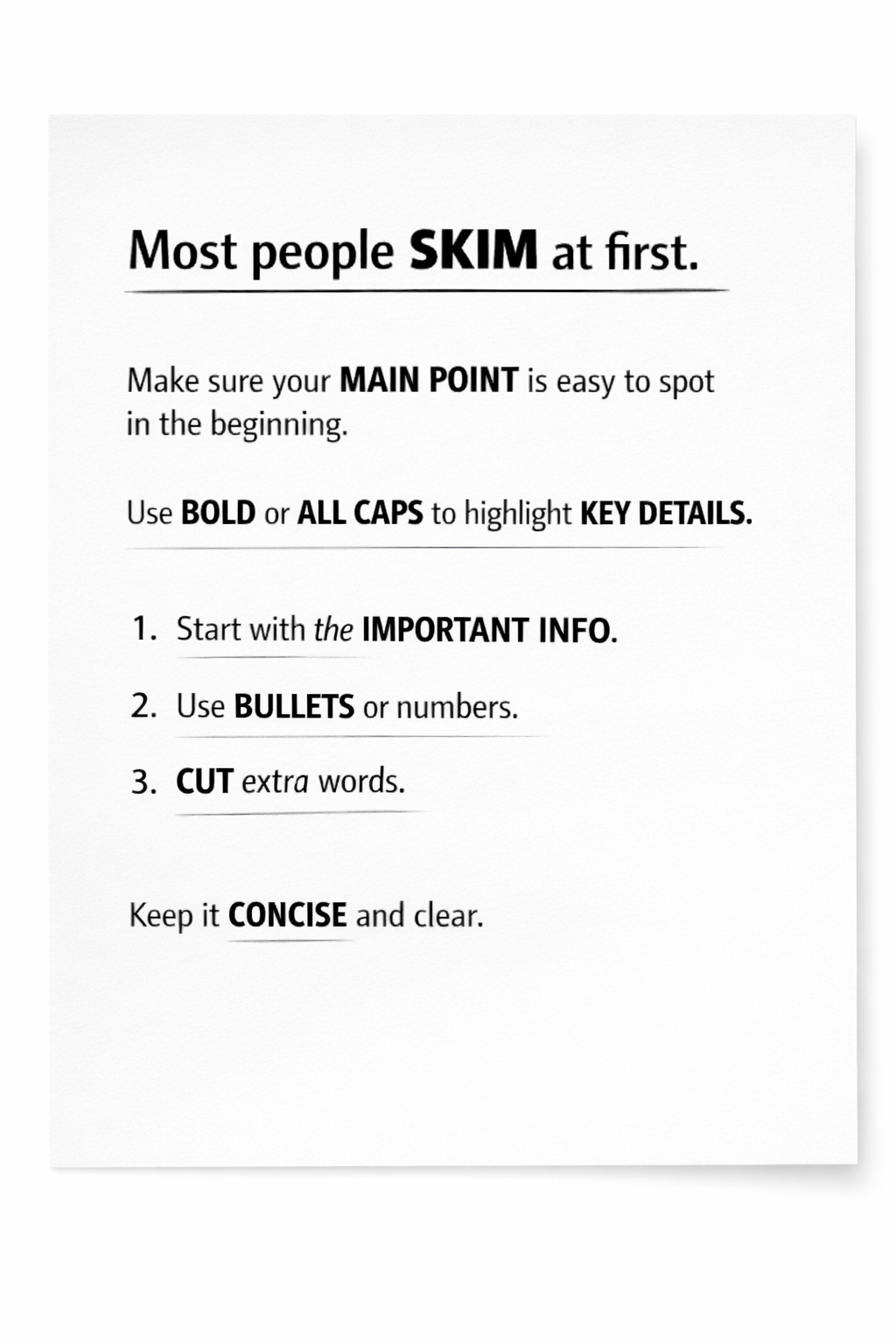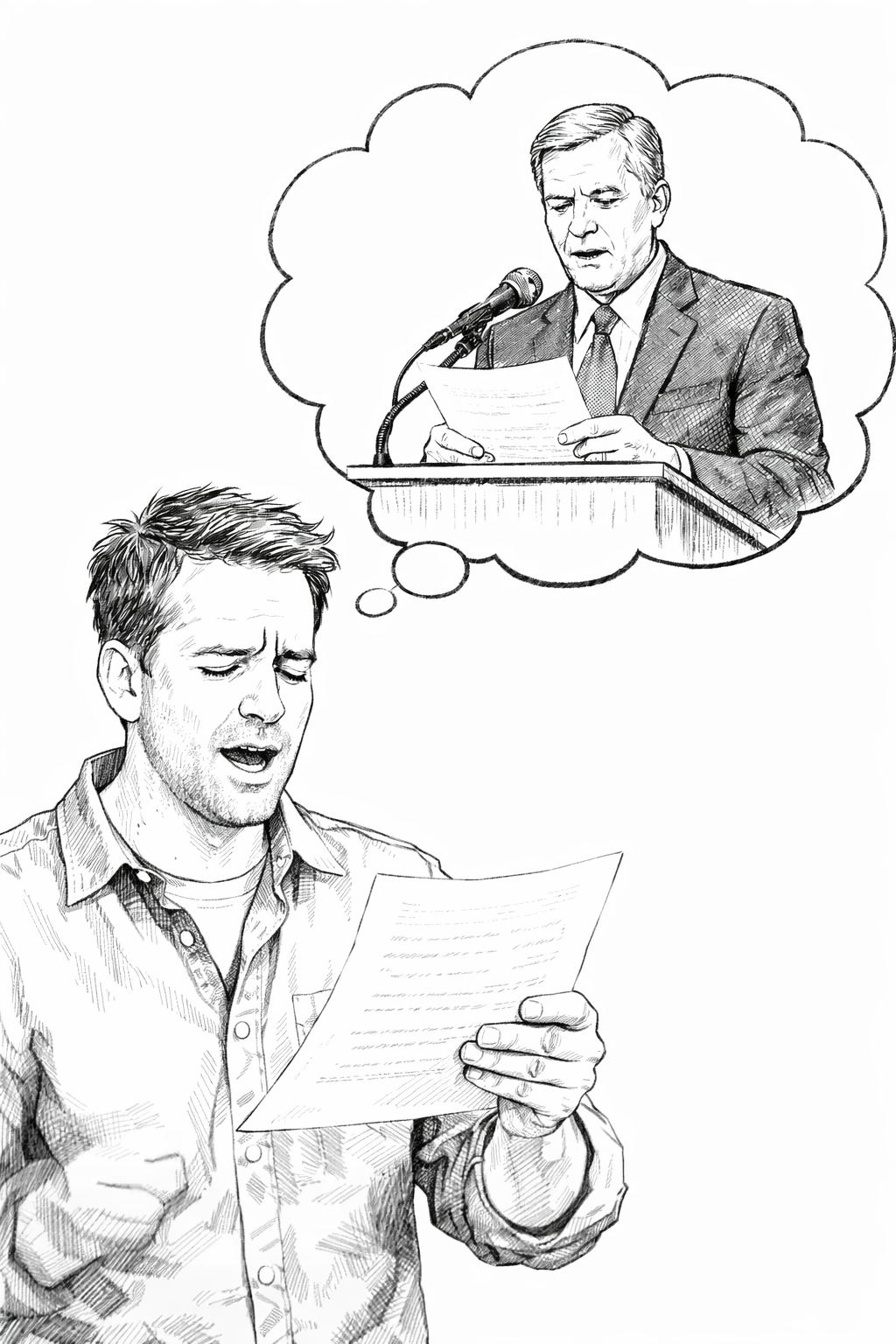Nib #17: Germanic words, Ja
One of the coolest things about the English language — granddaughter of both Latinate French and germanic Saxon — is that almost every word has a twin. The germanic word eat means the same thing as the latinate consume. Same with dog and canine or earth and terrain.
The more of these pairs you read out loud, the more you’ll notice — the German words are usually better.
They’re hardier, more fun to say and hear, more grounded and descriptive. Latinate words — with their French iambs and gentle sounds — often seem detached and antiseptic. Sometimes this is a good thing. Think how much easier it must be for doctors and patients to discuss the horrifying prospect of losing a limb in terms of amputation rather than lopping off.
But writers of English should want to use graphic, bracing, sticky words. As Will Strunk and E.B. White put it in The Elements of Style, “Anglo-Saxon is a livelier tongue than Latin, so use Anglo-Saxon words.”
I was reminded of this point when reading President Biden’s State of the Union Address last month. See how it ends:
“I believe in you the American people. You’re the reason I’ve never been more optimistic about our future! So let’s build that future together! Let’s remember who we are! We are the United States of America. There is nothing beyond our capacity when we act together! May God bless you all. May God protect our troops.”
Notice how the crescendoing peroration trips over that “capacity.” There’s nothing wrong with the word as such. But in this context, the ostentatiously Latinate “capacity” (just like that clunky “optimistic” four sentences earlier) stands out as robotic and wonky. It breaks the spell, like a car horn interrupting music.
The whole sentence — “There is nothing beyond our capacity when we act together!” — sounds like it was written by AI or translated from another language. The idea being communicated is good; it’s the word choice that’s awful.
Biden should have said something like, “There’s nothing we can’t do when we do it together!” Or, “Together, ‘we the people of the UNITED States of America,’ can do anything!”
The lesson for young writers: when in doubt, choose those rough-hewn, earthy germanic words over the smooth, antiseptic Latinate ones.
Until next week… keep writing!











